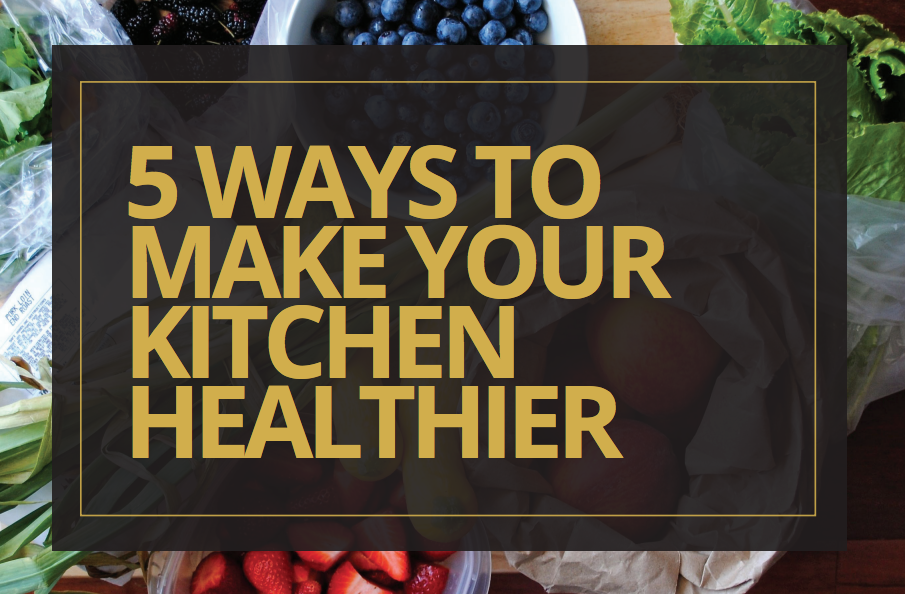Beth Greer, aka Super Natural Mom, warns that everyday items in the kitchen could be affecting your health
Your health starts in your home. If you want to get and stay healthy, begin by assessing in your kitchen. If you feel confused about the simple, practical things you can do, don’t worry. Here are some easy ways to decrease the amount of chemical toxins you are exposed to daily in your very own kitchen.
- Eat organic or pesticide-free foods whenever possible
There are shockingly about 54 pesticide residues on non-organic strawberries and 47 on apples. Pesticides are hormone disruptors, neurotoxins, reproductive toxins, and are linked to cancer. The good news it that you only need to be three days away from non-organic produce to remove 80 per cent of residues in your body. Shop at farmers’ markets where you can talk to growers and find out their cultivation methods. Look at the EWG’s ‘Dirty Dozen’ list and especially avoid those that top the list.
- Forgo food additives like MSG, trans fats (partially hydrogenated oils) and artificial colours
The latter can cause behavioural and health problems. These synthetic dyes are banned in Europe because studies have shown they cause hyperactivity. Read labels to watch for hidden colours in cereals, soft drinks, cakes, cookies, children’s medicine and vitamins.
- Abolish artificial sweeteners
Aspartame is a synthetic chemical found in NutraSweet, Equal, Diet Coke and Diet Pepsi, as well as sugar-free gums, candies, yoghurts and low calorie breakfast cereals. Three key studies funded by an independent laboratory found that the sweetener caused lymphomas, leukaemias, kidney and other cancers in rats and mice.
- Choose filtered tap water over bottled
It will have less bacteria and chemical contaminants. Choose glass or stainless steel water containers. Scientists have found the longer a plastic water bottle sits on a shelf, whether in a grocery store or your refrigerator, the higher the risk you’ll consume a greater dose of chemical called antimony, a potential carcinogen.
- Replace plastics
BPA is a ubiquitous chemical that mimics oestrogen if it’s introduced into your body. It can get there by leaching out of hard plastic bottles, especially if they are heated (in microwave ovens or dishwashers) or exposed to acidic solutions (tomato sauce) or UV light via sunlight or baby bottle UV sterilisers. BPA is also found in plastic reusable food containers, canned soup, drinks cans, cash register and cash point receipts. BPA is linked to everything from heart disease to obesity to reproductive problems.
Beth Greer, Super Natural Mom®, is former president and co-owner of The Learning Annex, Certified Build It Green® healthy home expert, and holistic health educator, who eliminated a tumour in her chest without drugs or surgery. She is the author of Super Natural Home, endorsed by Deepak Chopra, Ralph Nader, Peter Coyote and Dr Joseph Mercola.




